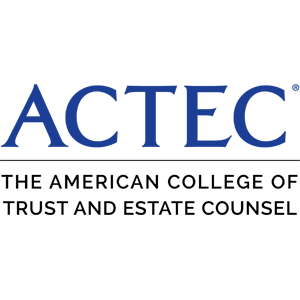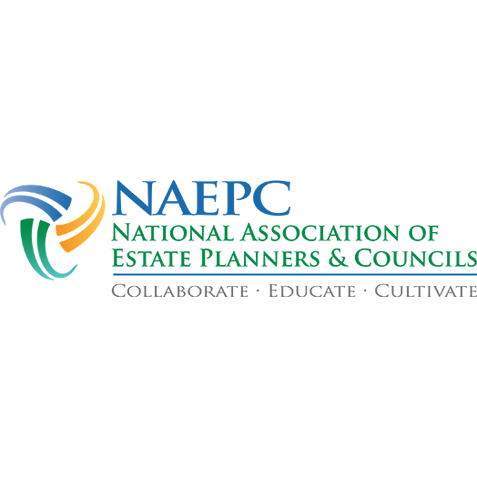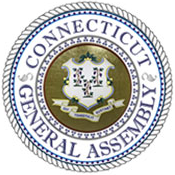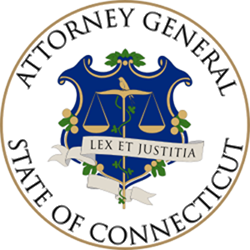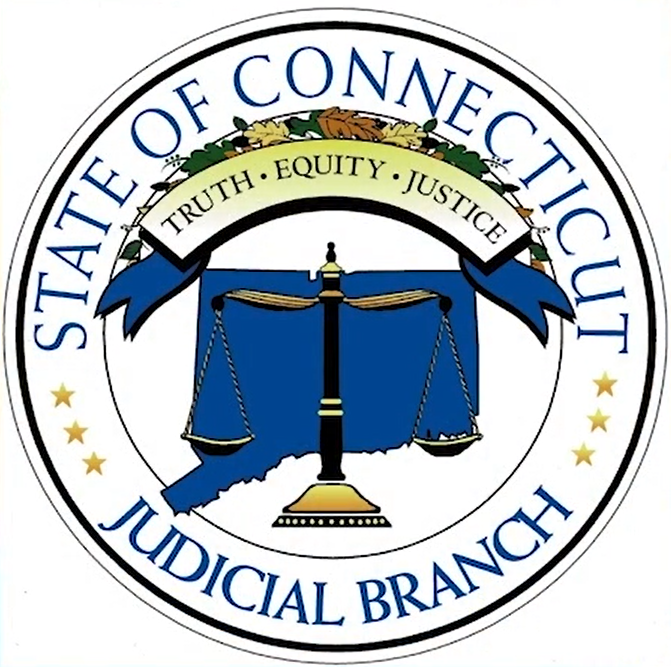Connecticut Supreme Court - The Connecticut Supreme Court serves as the highest judicial authority in the state, responsible for interpreting and applying the law in Connecticut. Its primary role involves reviewing appeals from lower courts to ensure the correct interpretation and application of state laws and the constitution. The court's duties encompass hearing a diverse range of cases, including civil, criminal, and constitutional matters, and establishing legal precedents that guide lower courts and legal practitioners across Connecticut. Additionally, the Connecticut Supreme Court oversees the regulation of attorneys, handling attorney admissions, setting ethical standards, and disciplining lawyers to uphold the integrity of the legal profession in the state.









